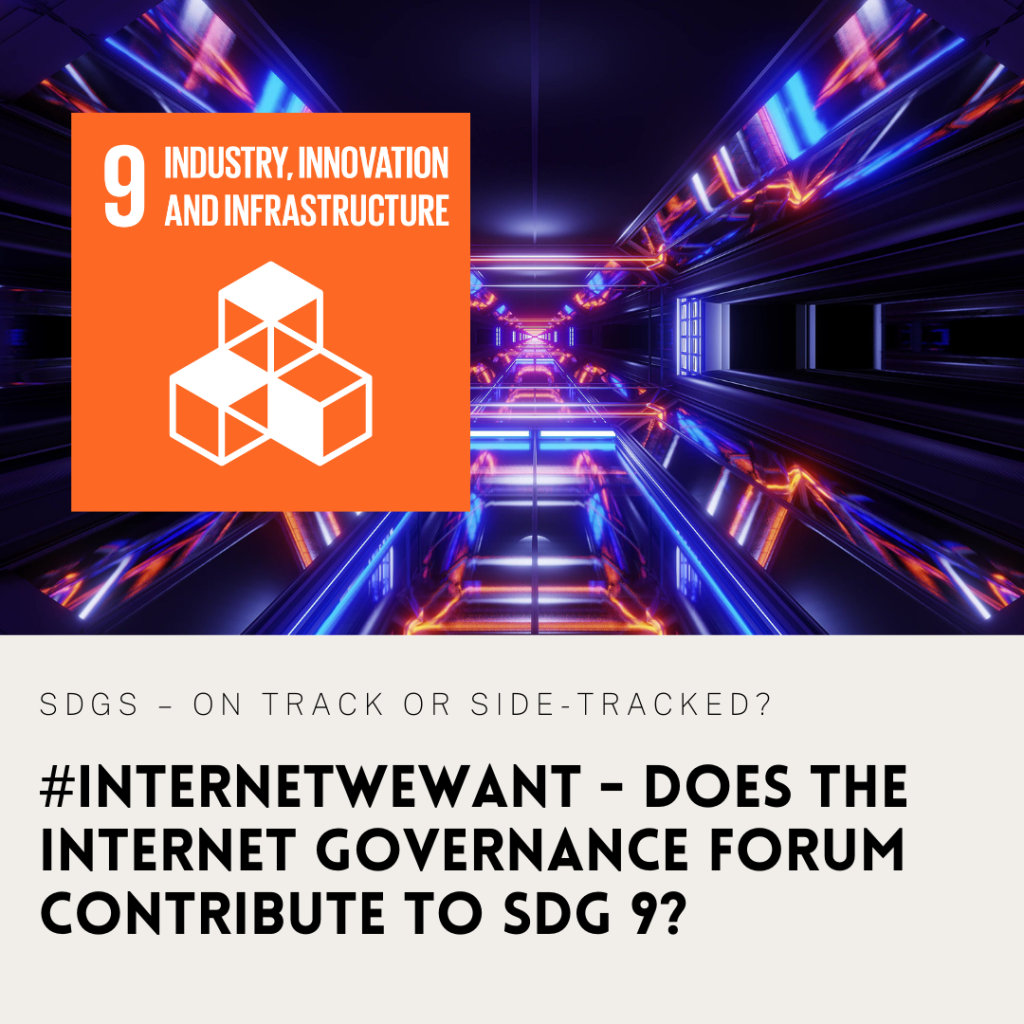
Did you know that from 8 to 12 October 2023, the United Nations has been hosting the 18th annual Internet Governance Forum (IGF) meeting? This year, the Government of Japan hosted the Forum in Kyoto. Interestingly, the Forum’s overarching theme is: “The Internet We Want – Empowering All People”. The IGF brought to the table some current topics like Artificial Intelligence (AI) and emerging technologies, digital divides and inclusion, global digital governance, cooperation, human rights and freedoms, and more. Do you think it can really create the Internet we want?
The IGF is an international forum established by the United Nations that facilitates conversations and policy creation on subjects related to global internet governance on a yearly basis. The conference convenes diverse stakeholder groups, including civil society organizations, educational institutes, government officials, the private sector, and technical experts. The mission of the IGF is to promote conversations on internet-related issues to ensure that the Internet is an open resource available to everyone. During the opening ceremony on 8 October 2023, high-level speakers were present, including the UN Secretary General, Japan’s Prime minister, and Nobel Laureate, Maria Ressa. The UN Secretary-General, António Guterres set the tone of the event, and said that:
“We need to work together to close the connectivity and digital governance gap, and to reinforce a human rights, human-centered approach to digital cooperation. We need to keep harnessing digital technologies enabled by the internet to help deliver on the Sustainable Development Goals, take climate action and build a better world.”.
– United Nations Secretary-General António Guterres
Deep dive: the Internet Governance Forum & SDG 9: Industry, Innovation and Infrastructure
To build further on the topic of my previous blog post, “Building a Digital Future: SDG 9’s Industry and Innovation Meet ICT4D“, I want to highlight how the Internet Governance Forum contributes to achieving SDG 9, focused on building resilient infrastructure, fostering innovation, and promoting sustainable industrialization. The IGF and its annual events relate to SDG 9 in several ways:
- Innovation: Digital, ICT, and internet innovation is essential for economic growth and sustainable development, which is why the IGF aims to serve as a space for stakeholders to highlight and share ideas around these topics. This aligns with SDG 9’s emphasis on fostering innovation in various sectors, including technology and communication.
- Infrastructure Development: The Internet is a critical component of contemporary infrastructure. I believe the IGF plays an important role in developing policies related to the Internet’s expansion, as it highlights topics like, global digital connectivity, broadband access, and the deployment of Internet infrastructure in developing countries. Discussions and workshops held at the Forum contribute to SDG 9’s objective of creating resilient infrastructure.
- Sustainable industrialization: SDG 9 aims to promote inclusive and sustainable industrialization. This year, in line with SDG 9, the IGF included discussions on improving digital cooperation by developing global standards and regulatory strategies for emerging technologies like Blockchain Technology, and providing universal and meaningful internet access.
- Capacity Building: The Forum facilitates workshops to build the capacity of individuals, governments, and organizations to better leverage technology for international development. This aligns with SDG 9’s goal of increasing knowledge and building skills. One of the workshops I found particularly interesting was the “IGF 2023 Day 2 Workshop Room 9 Empowering Women in Tech Insights from EQUALS 1” highlighting the gender gap in social innovation and entrepreneurship, while echoing the fact that the growth of industrial sectors and the shift to knowledge and service-based economies are rarely gender neutral.
Can the Internet Governance Forum do better?
The International Institute for International Development mentioned, “While the IGF has been very effective at convening different stakeholders in initial discussions of Internet related public policy issues, its processes (and lack of analytic capacity) have not been sufficient to foster and support progress on those issues”1. This brings me to question if the IGF’s lack of legal status affects its capability to interact with governments worldwide to shape Internet governance policies meaningfully. One of the other main critiques of the IGF is that it needs more authority to make binding decisions and enforce new policies, as it does not have the power to implement its carefully crafted recommendations.
UN-run forums like the IGF do meaningful work in contributing to the sustainable development goals, like SDG 9, by addressing digital infrastructure, innovation, inclusive access, internet policy development, and capacity-building issues. However, the IGF must evolve over time, as new technologies shape how we use ICT and the Internet. As mentioned by the UN Multistakeholder Advisory Group (MAG), the IGF aims to distill key themes and sub-themes to ensure the relevance of discussions and workshops at the yearly event.
Is this enough to create and maintain the #InternetWeWant and to empower people globally? Let me know your thoughts on the 2023 Internet Governance Forum in the comments below! You can also follow the conversation on our X profile (formerly Twitter)…
Image credit: IGF Twitter Account
- Review of the mandate of the Internet Governance Forum: A response from IISD, p5, 2009, https://www.iisd.org/system/files/publications/igf_mandate_review.pdf

